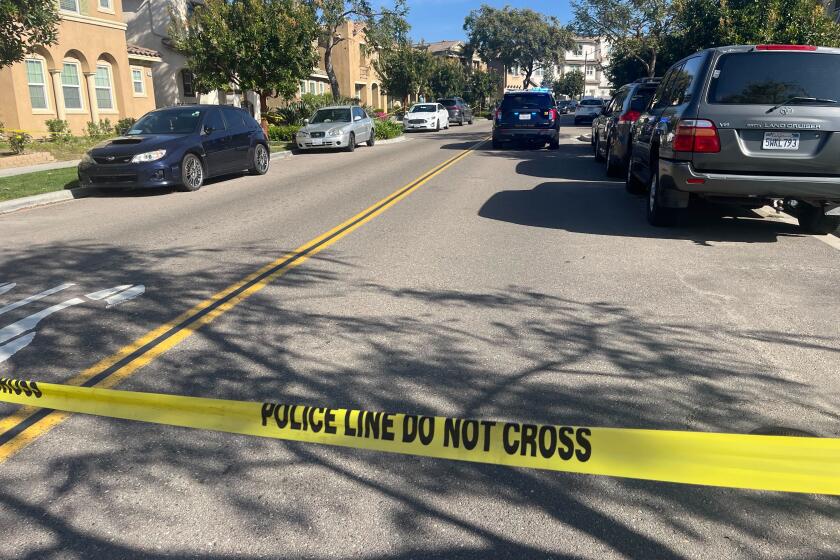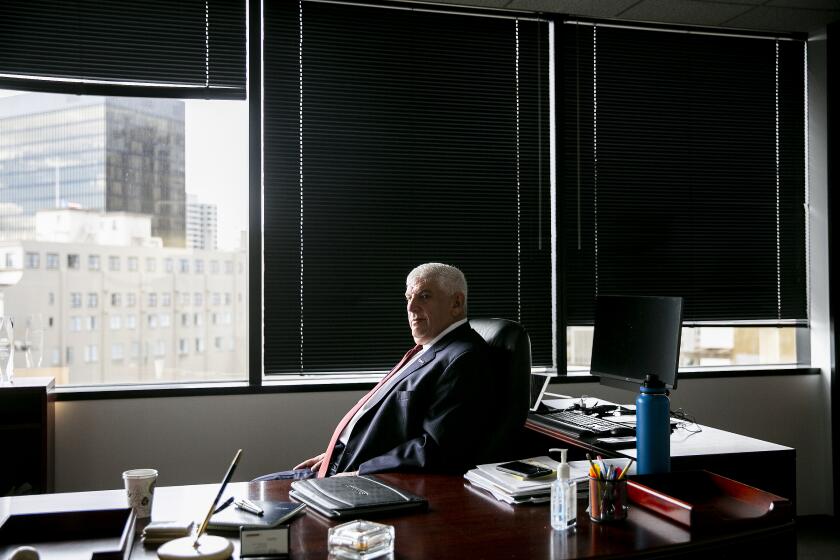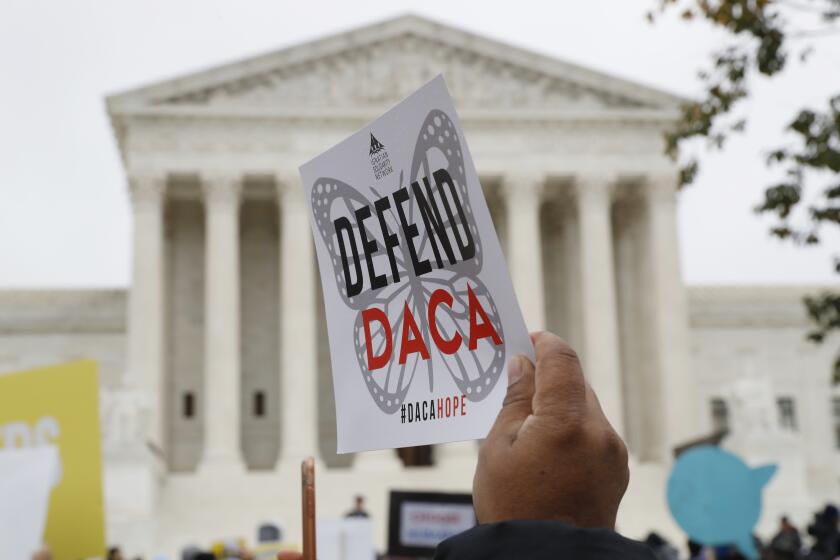Editorial: Brown’s veto of later school start times is callous about student health
The education reform debate in America was kicked off by the release in 1983 of “A Nation at Risk,” a comprehensive study issued by a presidential commission that evaluated the problems facing schools. Among its key conclusions was that there was a profound need for ambitious state and national standards because decisions made at the local level so often reflected the needs of teachers and district employees — not students.
Yet in 2011, even as several states saw great progress with reforms based on this insight that emphasized accountability and the use of statistical evidence, Gov. Jerry Brown denounced the “siren song” of education reform. Instead, he embraced the idea of “subsidiarity” — a fancy term for local control of schools. This led eventually to a state law requiring each school district, no matter how small, to develop its own “Local Control Accountability Plan” for how it will educate students.
But as an in-depth 2017 CALmatters’ investigation showed, there is little evidence anywhere that local control has been good for students. The debate in reform circles is whether Brown sincerely believes local control works or if “subsidiarity” is just a cover for his attempt to insulate teachers unions — his powerful allies — from reforms meant to evaluate individual teachers on how much they help or hurt student performance.
On Thursday, alas, the governor doubled down on local control with a decision that is awful for student health. In vetoing SB 328 — a bill that would have required middle and high schools to start their classes no earlier than 8:30 a.m. — Brown noted it was opposed by teachers and school boards, touted local control and knocked a “one-size-fits-all” policy.
This is shameful. The same governor who rails against critics of his climate-change policies for ignoring massive scientific evidence is now himself ignoring massive scientific evidence. For one of decades of examples, in 2014, an American Academy of Pediatrics study documented that 59 percent of middle school students and 87 percent of high school students slept less than the 8.5 to 9.5 hours recommended by doctors on school nights. A lack of sleep correlates with a long list of negatives — starting with poor academic performance and higher rates of drug use, obesity, depression and automobile accidents. When high schools in Connecticut, Kentucky and Virginia adopted later start times, they saw test scores go higher and attendance improve.
These facts are simply ignored by many letter writers and online commenters who think later start times amount to coddling “snowflakes” and that students who need more sleep can easily just go to sleep earlier. That’s not how adolescents are biologically programmed.
But a governor who has built his entire career on the idea that he’s unusually smart and able shouldn’t be able to get away with “not on my lawn” vapidity. When it comes to sleep and the health of middle school and high school students, there is a “one-size-fits-all” policy that works. That would be later school start times.
Russian novelist Fyodor Dostoyevsky famously observed, “You can judge a society by how well it treats its prisoners.” Someday, a corollary will sink in with Americans: You can judge a society by how much it values the health of children. For Jerry Brown and much of the California education establishment, what’s convenient for adults is what matters, not what’s best for children’s health. Here’s hoping the next governor isn’t remotely as callous and anti-science.
Twitter: @sdutIdeas
Facebook: San Diego Union-Tribune Ideas & Opinion
Get Essential San Diego, weekday mornings
Get top headlines from the Union-Tribune in your inbox weekday mornings, including top news, local, sports, business, entertainment and opinion.
You may occasionally receive promotional content from the San Diego Union-Tribune.









